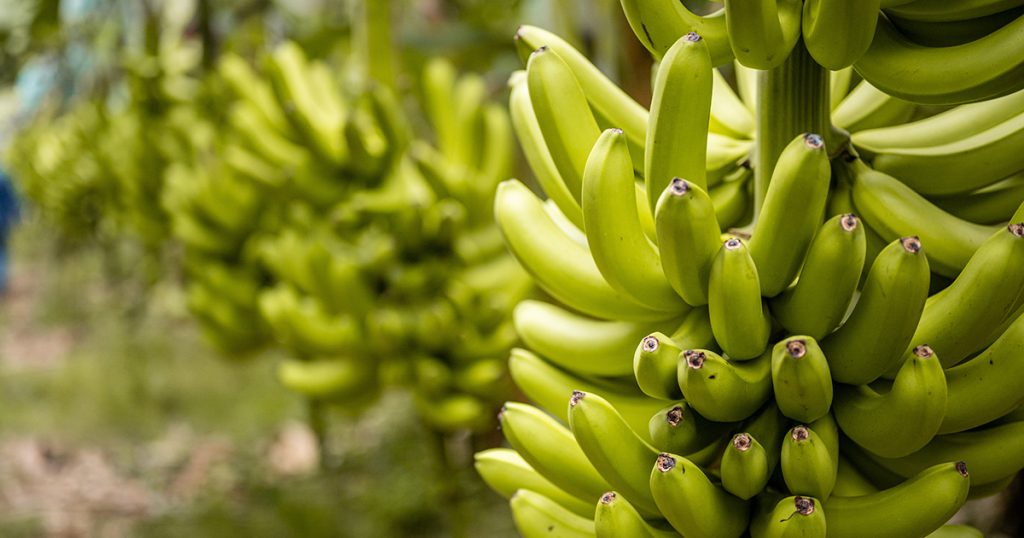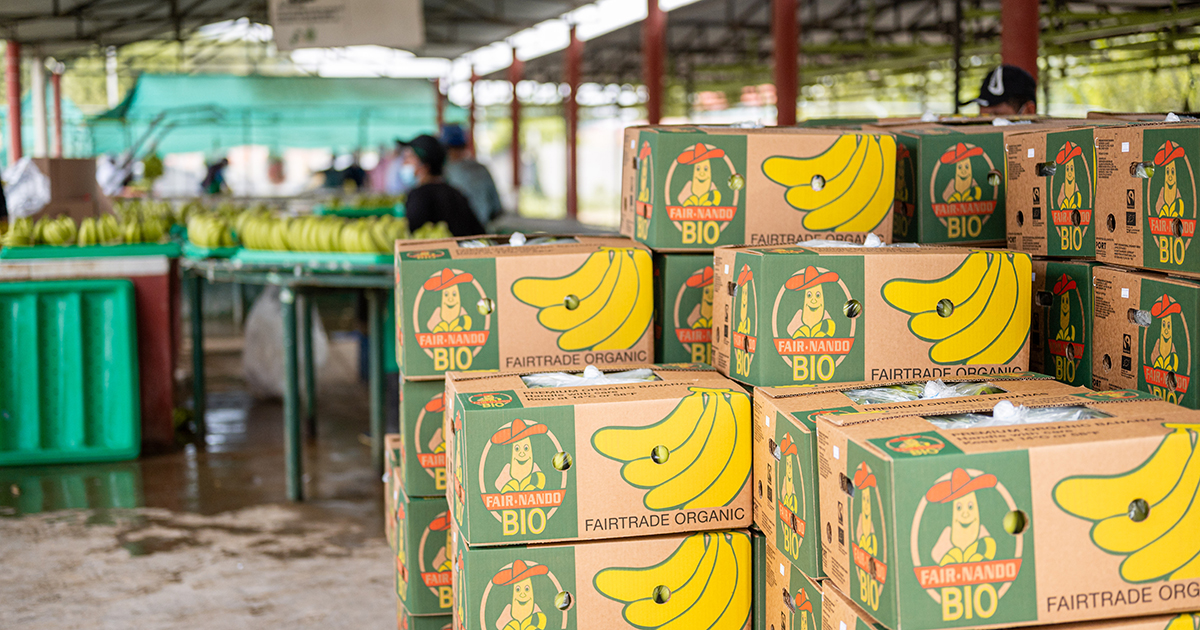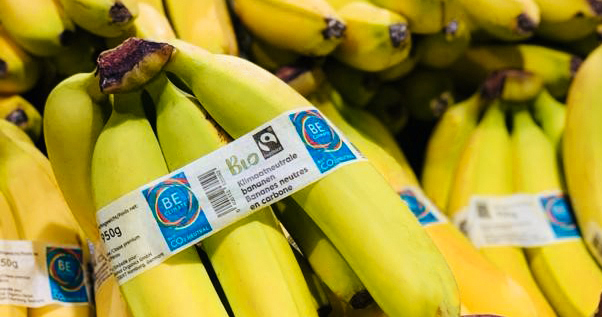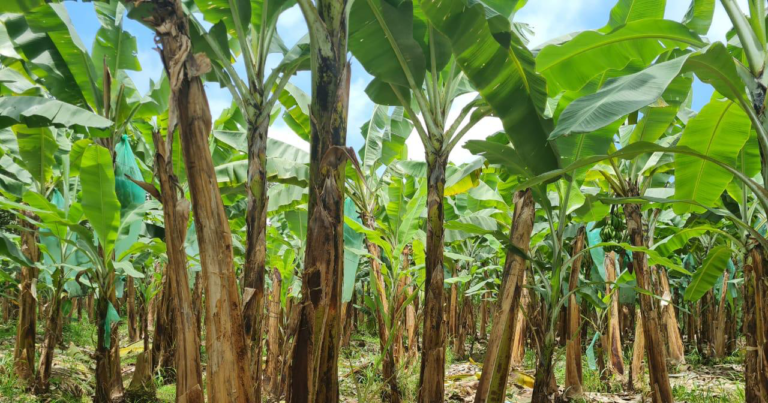The Beginnings of Fairtrade in Germany
Nearly a quarter of a century ago, Port International played a leading role in a revolution that would improve the living and working conditions of small-scale farmers and workers around the globe. The story began with a simple, but powerful idea: Fairtrade. The full story about Mike Port and the Dutch founding father of the Max Havelaar Foundation, Pastor Nico Roozen, who ultimately laid the foundation for the commitment to and distribution of fairly traded fruits, can already be found here at INSIDE | PORT.
The Fairtrade Banana: A Success Story
Since then, Fairtrade bananas from countries like Peru, Ecuador, and the Dominican Republic have literally been on everyone’s lips, as have their tasty dishes e.g. banana bread. Yet, many consumers are still not fully aware of what makes a banana a Fairtrade banana or how it differs from a conventional banana. This checklist is designed to help you make an informed choice when reaching for a true Fairtrade banana:

FAQ: What Makes a Banana a Fairtrade Banana?
Fairtrade is an international certification system aimed at providing small-scale farmers and workers in developing countries with better trading conditions. Through fair prices and working conditions, as well as additional Fairtrade premiums for community projects, Fairtrade supports sustainable development.
A banana receives the Fairtrade seal when it is grown, harvested, and traded in compliance with Fairtrade standards. These standards include fair wages, safe working conditions, and environmental protection.
Fairtrade bananas primarily benefit the small-scale farmers and plantation workers. They receive fair prices above the market rate as well as a Fairtrade premium which is invested in social, economic, and environmental projects such as education, healthcare, and environmental protection.
The higher price of Fairtrade bananas reflects the real costs of their sustainable cultivation, including fair wages and environmental protection measures. The price difference helps support long-term sustainability and development in the producing countries.
Look for the authentic Fairtrade seal when purchasing bananas. This seal guarantees that the bananas were produced and traded according to Fairtrade standards.
By purchasing Fairtrade bananas, you support not only fair wages and safe working conditions but also contribute to environmental protection. Fairtrade promotes sustainable farming methods that protect biodiversity and, in the case of organic bananas, reduce the use of harmful chemicals.
The taste of a banana depends on many factors, including variety and ripeness. Most consumers choose Fairtrade bananas specifically for their positive impact on the environment and society, not because of the taste, which is identical to that of a conventional banana.
Port International and Fairtrade
From the early days of experimental commitment to today’s extensive network of over 3,000 Fairtrade-certified farmers benefiting from stable prices and additional premiums, Port International has embarked on a remarkable journey alongside Fairtrade. This journey reflects not only our commitment to fair trade but also shows how far-reaching change is possible through visionary thinking and consistent action.
In a world increasingly faced with the challenges of climate change and inequality as well as the demand for sustainability, the success story of Fairtrade bananas reminds us that each of us has the opportunity to make a difference through conscious choices. As consumers, we bear a responsibility, but also have the opportunity, to change the world for the better. By choosing products that not only please our palate but also benefit people and the planet, we are part of a larger movement towards a fairer and more sustainable future.









